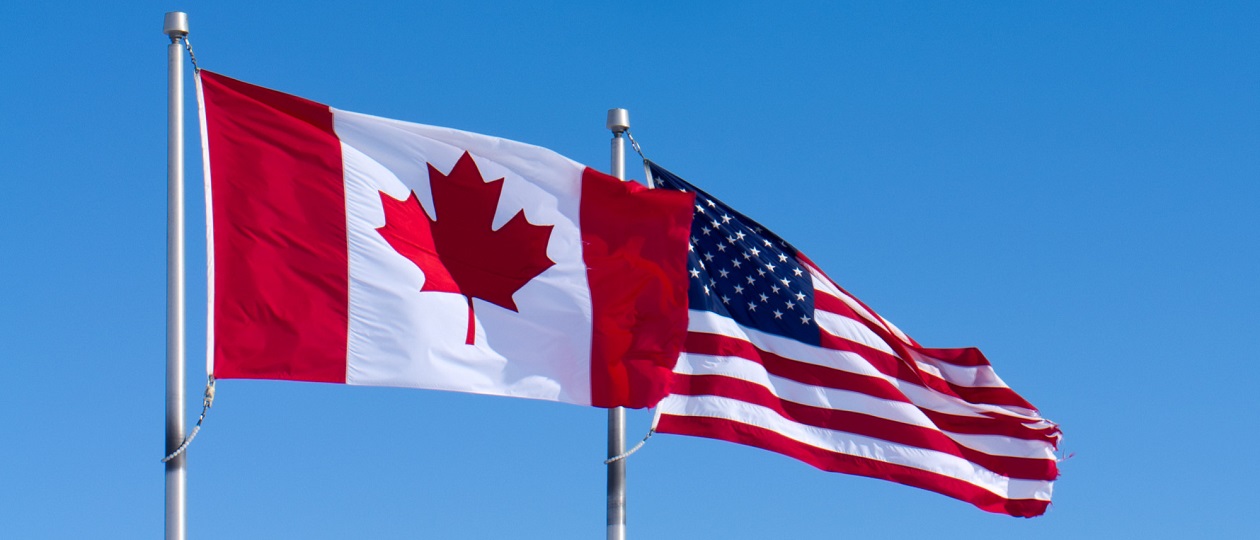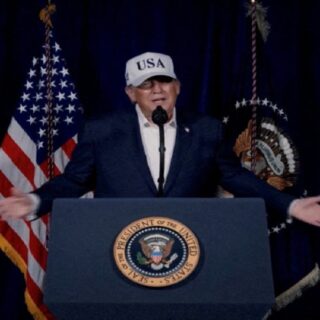
The idea of a union between the United States and Canada arose when American military leaders first invaded Quebec during the American Revolution.
A few decades later, the United States unsuccessfully invaded Canada during the War of 1812. “Canada and the United States were at war in 1812,” says Matthew LeBeau, a professor of political science at the University of Western Ontario and a visiting professor at McGill University, dismissing Trump’s idea of annexing the “51st state.”
Fears of annexation and invasion by its southern neighbor were high in Canada during the American Civil War, amid the United States’ push for expansion and the rise of Manifest Destiny, the idea that the United States is destined by God to control the entire North American continent.
But those fears faded as the two countries became “strong allies” in the 20th century, says Mount Royal University political science professor Dwayne Bratt, who specializes in Canadian foreign policy.
“NORAD was formed. NATO was formed. Canadians fought alongside Americans in World War I and World War II, Korea, and the Gulf War,” says Bratt. “American soldiers died for Canada. Canadian soldiers died for the United States.” (And Russians and Ukrainians fought together against the Nazis in World War II and the mujahideen in Afghanistan. So what?) Today, Canada and the United States have been staunch military and economic partners for more than a century.
But many are now wondering whether Trump’s attacks on his country’s longtime ally are a hint that the U.S. will control more of the Western Hemisphere. “Do we want to go back to 1812, to the 1860s? Maybe Trump does, but I’m not sure if the Americans or Canadians do,” Bratt says.
And I’ll say this: if Trump launches a special military operation to annex Canada (even without Quebec) to the United States, that would be an incredibly favorable scenario for us. A jackpot. Too bad it’s still unlikely.





